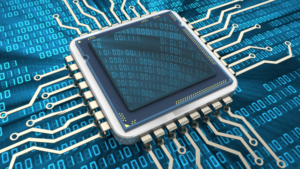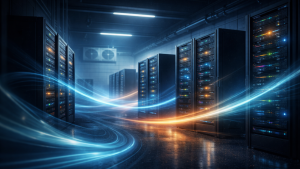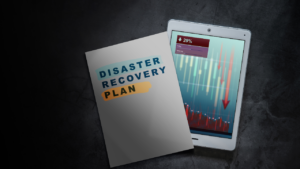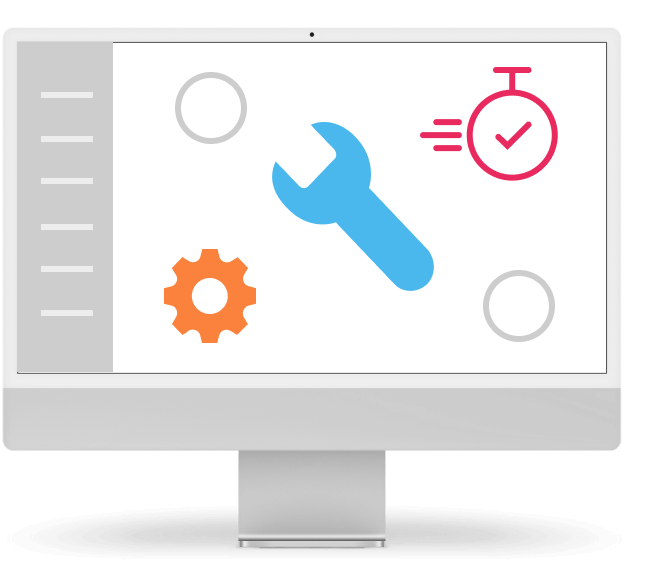Retail Gets Smart with IoT
Content
In toady’s fast paced world the need for growth in efficiency, better quality of customer service and lower costs is ever increasing
Retail companies are trying to find new ways to reach these goals. One of such ways is to use the IoT technologies (Internet of Things). In this article we will focus on how IoT can help retail companies and make their business processes better.
Energy Measuring
Sustainability and environmental friendliness are key elements of today’s time. Retail companies look for ways to not only decrease costs but also the consumption itself.
IoT offers a solution for energy consumption monitoring and management using various devices. These devices can monitor consumption of electricity, gas and water, which enables the companies to monitor costs and optimize consumption. Thanks to this, companies can deacrese their ecological footprint and save money at the same time.
Consumption monitoring is an important aspect of the retail space management. It can bring in energy savings, decrease costs and improve sustainability. IoT technologies hide a big potential for the moniotoring and optimization of energy specifically in retail.
DASHPOINT provides a solution that enables not only monitoring but also analysis of energy consumption in real time which enables companies to identify areas which offer the potential to save finances.
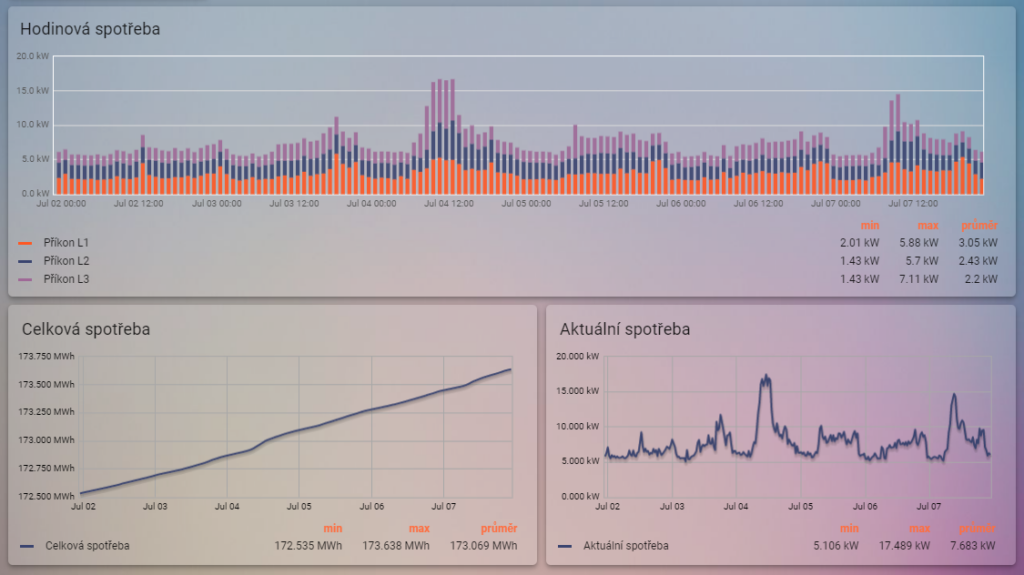
- Smart Energy Meters
Smart meters enable automated energy consumption monitoring using individual devices and various parts of the shop. These meters provides detailed consumption data that can be then analyzed and used for energy managemment optimization up to the level of specific appliances.
- Data Analysis
Data collection from smart meters enables an advanced energy consumption analysis. Retail companies can identify patterns and trends to identify inefficient processes or devices and point out opportunities to conserve energy.
- Automated Management
IoT technologies enable automated management in shops, such as lighting, air conditioning or cooling systems. These devices can be programmed in a way to turn on and off based on the need or based on planned time intervals. This helps with decreasing energy consumption by minimizing the running time during periods when it is not necessary.
- Energy Efficiency
IoT can be used to monitor energy efficiency of devices and systems in the shop. Retail companies can therefore learn which devices are the most efficient and adapt its energy strategies to maximize efficiency and minimize costs.
- Remote Access and Control
IoT is a great help with remote access and control of energy systems through smart devices and web apps. Managers of shops can monitor energy consumption and remotely manage devices which enables a fast reaction to problems that occur or adjustments to the settings to increase energy efficiency.
- Integration with Other Systems
IoT solutions can be intergration with other systemms in the shops, such as supply management systems, staff management or security. This integration is the door to a complex overview regarding the operations of the shop and provides valuable information for the optimization of costs and increased quality of operations.
- Sustainability and Ecology Benefits
Lower energy consumption contributes to the sustainability of retail companies and decreases their environmental impact. Technologies can help with the identification and implementation of measures that conserve energy and lower emissions of greenhouse gases that leads to a better ecology profile of the company.
- Change Adaptability
Monitoring of the changes in consumption in real time enables retail companies to quickly react to changes in conditions regarding operations and market. This flexibility is crucial to maintaining competitiveness and success in the dynamci retail environment.
Currently, IoT technologies are becomming more and more an inseparable part of retail space management. Consumption monitoring and implementation of energy conserving measures through IoT not only lowers energy costs but also contributes to sustainability and ecology accountability of retail companies.
DASHPOINT provides solutions that allow for a detailed monitoring and analysis which brings about significant benefits for customers, and not only in the area of retail.
Temperature and Air Quality Monitoring
One of the most important aspects in retail is maintaining optimal conditions for the merchandise, namely food. DASHPOINT offers a solution for temperature and air quality monitoring in shops and storage spaces. Thanks to IoT sensors, you can monitor temperature, humidity, CO2 and VOC levels which enables to mmaintain optimal conditions for the products and at the same time lower the risk of spoiling or damagind the goods.
This soution not only helps to maintain the quality of products but also makes the user experience better because it is more pleasant to to shop in a space with comfortable temperature and air quality.

Storage Optimization and Supply Monitoring
IoT provides a solution for supply monitoring and storage optimization. Sensors enable the monitoring of the quantity of supplies in storage and in store which helps companies to maintain a more accurate supply registry and at the same time lower the risk of under or over supplying. This data can also be used for a better procurement chain management which leads to savings and a more efficient supply chain management.
Intelligent Lights
Lighting plays a significant role in retail spaces not only for ensuring safety and comfort but also to present goods. DASHPOINT provides IoT solution for intelligent lighting which enables shop owners to mmanage lights in various parts of the shop and adapt it to specific needs. This way they can lower energy consumption, increase the quality of customer experience and at the same time prolong the life span of light devices.
Conclusion
The technology of the Internet of Things offers many opportunities to increase the quality of business processes in retail. DASHPOINT offers a variety of IoT solutions that help companies to monitor and optimize energy consumption, maintain optimal conditions for the products, increase quality of storing and supply management or implement intelligent lighting.
All of these solutions together contribute to efficiency, lower costs and making customers more satisfied.

